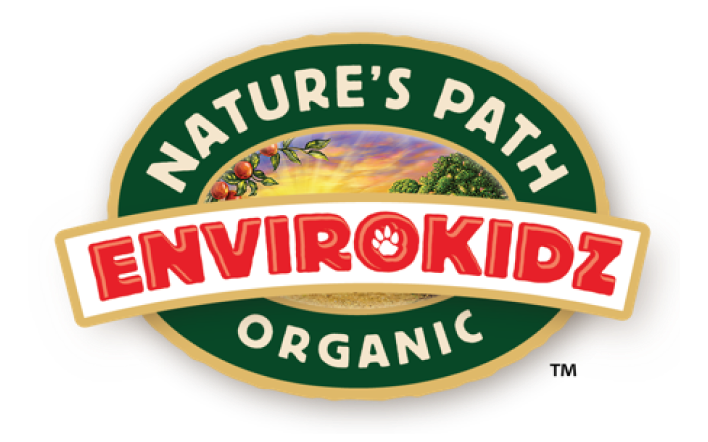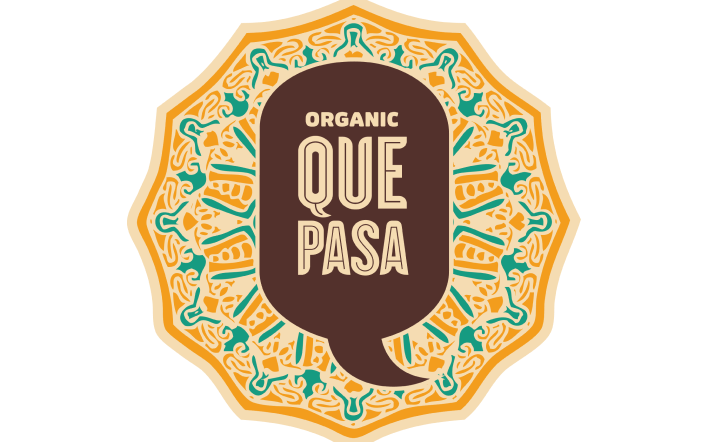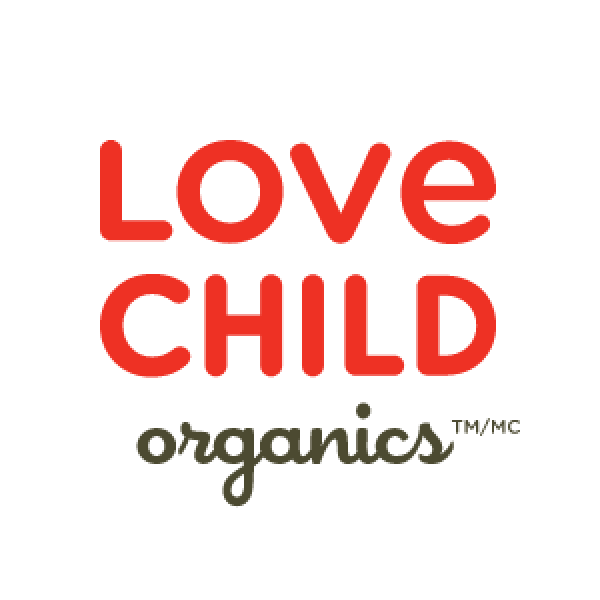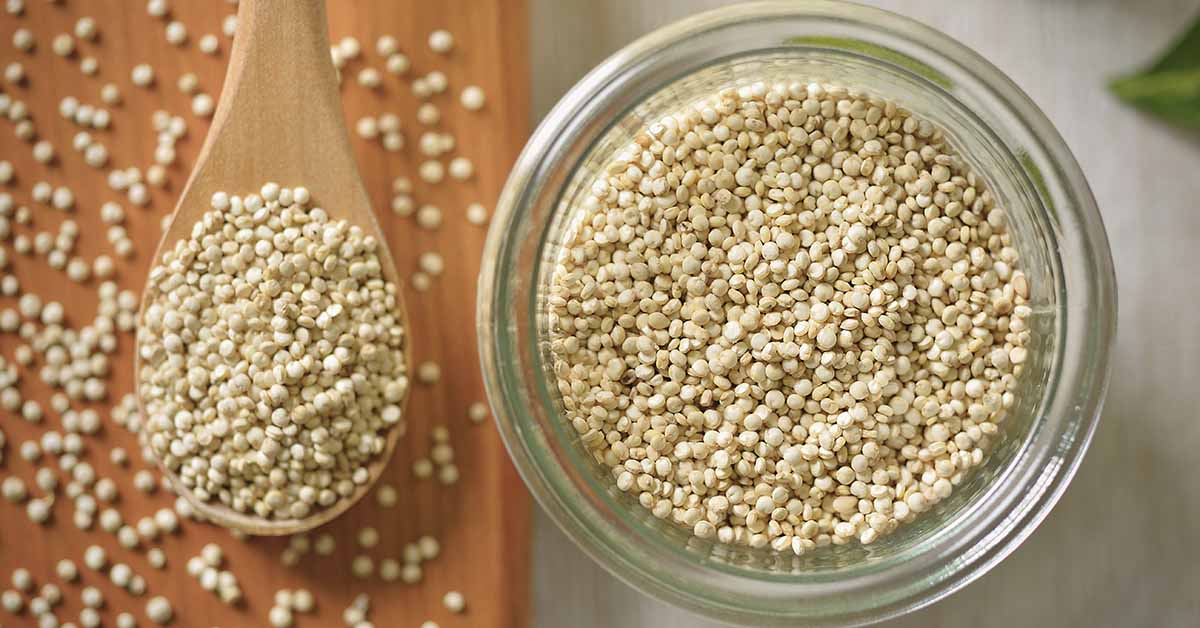
Grain-Free vs. Gluten-Free: What’s the Diff?
Tags:
A trip down the grocery aisle is all you need to see that gluten-free is one of the world’s top diet trends. But recently you might have noticed another product label popping up on your shopping cart staples: “Grain-Free.” Think gluten-free and grain-free are one and the same? Think again. Today we’re taking a minute to break down the difference between the two G-Frees.
Over the past decade, the gluten-free diet has exploded in popularity in North America with the global market for gluten-free foods sitting at an estimated $5.6 billion in 2021. For many, the diet is medically necessary, prescribed by an MD to treat celiac disease and gluten sensitivity. For others, it’s a healthier lifestyle that promises more energy and (maybe even) weight loss.
Gluten is a protein found in barley, wheat, rye, triticale, and oats (in some instances). You might assume that a gluten-free diet doesn’t allow grains, but that’s far from true. Actually, most whole grains are naturally 100 percent gluten-free! For instance, grains such as millet, arrowroot, and quinoa don’t contain gluten.
Want to take your gluten-free diet plan to the next level? Try grain-free. People with celiac disease, intolerance to gluten, poor digestion, and autoimmune diseases can benefit from this way of eating.
But even those who don’t suffer from these conditions can improve their health by nixing grains. According to Dr. Axe, a grain-free diet can support mental health and even help curb food addiction. Foregoing grains could also boost heart health. A study by Eastern Michigan University’s School of Health Sciences found that a grain-free diet reduced cholesterol, including LDL levels, in people with high cholesterol.
Individuals with irritable bowel syndrome (IBS) or Crohn’s disease have also noticed their symptoms ease after saying “see ya” to grains. In one study, seventy-three percent of IBS sufferers saw their symptoms improve after following a grain-free diet for six weeks.
 A grain-free diet can also help shrink your waistline (yes, really!). That’s because it forces you to pay close attention to food labels which can inspire you to cook more meals at home. Oh, and nixing grains means cutting out high-carb and high-cal foods like white bread, pizza, pasta, doughnuts.
But omitting grains doesn’t mean cutting out flavor and variety in your diet. Whatever your motivation for going grain-free, you can still enjoy a delicious, nutritious menu that still includes carbs.
A grain-free diet can also help shrink your waistline (yes, really!). That’s because it forces you to pay close attention to food labels which can inspire you to cook more meals at home. Oh, and nixing grains means cutting out high-carb and high-cal foods like white bread, pizza, pasta, doughnuts.
But omitting grains doesn’t mean cutting out flavor and variety in your diet. Whatever your motivation for going grain-free, you can still enjoy a delicious, nutritious menu that still includes carbs.
 You may have noticed a few of your favs missing from this list (who can imagine a life without pasta?). Thankfully, a little creativity is all you need to enjoy a diet filled with flavor and variety. Craving pasta? Use a mandolin to make zucchini spaghetti. Love baking? Swap almond flour for refined wheat flour. Feel like noshing on tortilla chips? Try Que Pasa’s NEW Grain-Free Tortilla Chips made with cassava flour.
Cassava, also known as yuca or manioc, is a starchy root similar to a yam or plantain that grows in many parts of South America, Asia, and Africa. A dietary staple in those areas, it’s high in carbohydrates and is 100 percent naturally grain-free and gluten-free.
While other gluten- and grain-free flours such as coconut flour and almond flour can make good substitutes for people on a grain-free diet, those flours tend to have a strong flavor and gritty texture. Cassava flour, on the other hand, is made of cassava root, which is peeled, dried, and ground into a soft, fine powder. It has a very neutral flavor, making it the perfect ingredient for Que Pasa’s Grain-Free Tortilla Chips! Available in Sea Salt, Nacho, or Squeeze of Lime.
You may have noticed a few of your favs missing from this list (who can imagine a life without pasta?). Thankfully, a little creativity is all you need to enjoy a diet filled with flavor and variety. Craving pasta? Use a mandolin to make zucchini spaghetti. Love baking? Swap almond flour for refined wheat flour. Feel like noshing on tortilla chips? Try Que Pasa’s NEW Grain-Free Tortilla Chips made with cassava flour.
Cassava, also known as yuca or manioc, is a starchy root similar to a yam or plantain that grows in many parts of South America, Asia, and Africa. A dietary staple in those areas, it’s high in carbohydrates and is 100 percent naturally grain-free and gluten-free.
While other gluten- and grain-free flours such as coconut flour and almond flour can make good substitutes for people on a grain-free diet, those flours tend to have a strong flavor and gritty texture. Cassava flour, on the other hand, is made of cassava root, which is peeled, dried, and ground into a soft, fine powder. It has a very neutral flavor, making it the perfect ingredient for Que Pasa’s Grain-Free Tortilla Chips! Available in Sea Salt, Nacho, or Squeeze of Lime.
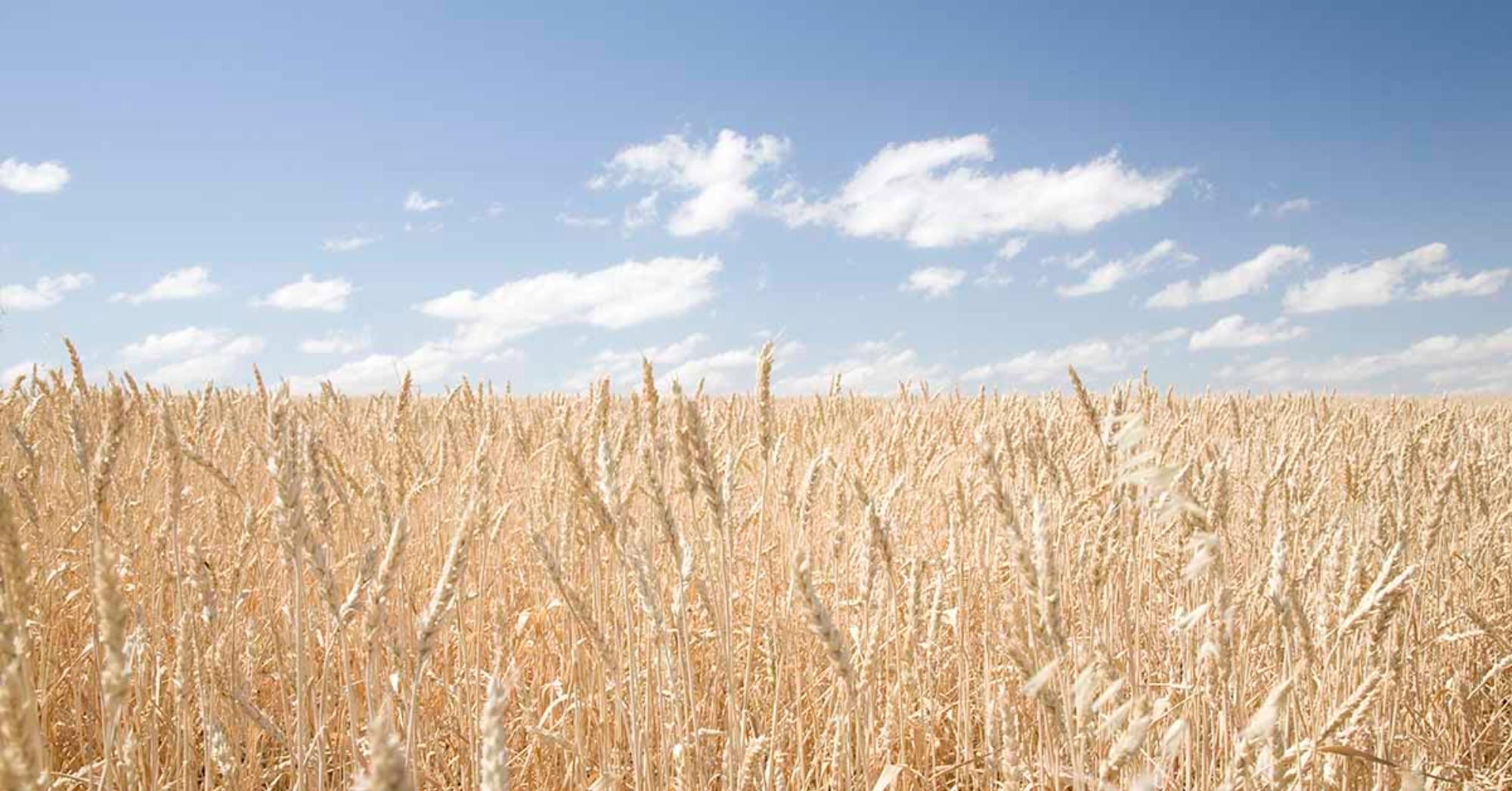 Gluten-Free
Gluten-Free
Over the past decade, the gluten-free diet has exploded in popularity in North America with the global market for gluten-free foods sitting at an estimated $5.6 billion in 2021. For many, the diet is medically necessary, prescribed by an MD to treat celiac disease and gluten sensitivity. For others, it’s a healthier lifestyle that promises more energy and (maybe even) weight loss.
Gluten is a protein found in barley, wheat, rye, triticale, and oats (in some instances). You might assume that a gluten-free diet doesn’t allow grains, but that’s far from true. Actually, most whole grains are naturally 100 percent gluten-free! For instance, grains such as millet, arrowroot, and quinoa don’t contain gluten.
Flours, starches, and grains that are allowed on a gluten-free diet include:
- Amaranth
- Arrowroot
- Buckwheat
- Corn and hominy
- Flax
- Millet
- Quinoa
- Rice
- Soy
- Gluten-free flours such as rice, soy, corn, potato, and bean flours
- Cassava root flour
Starches, flours, and grains not allowed on a gluten-free diet
- Barley, wheat, rye, triticale, and some oats
- Semolina
- Self-rising flour, enriched flour, graham flour, and farina
 Grain-Free
Grain-Free
Want to take your gluten-free diet plan to the next level? Try grain-free. People with celiac disease, intolerance to gluten, poor digestion, and autoimmune diseases can benefit from this way of eating.
But even those who don’t suffer from these conditions can improve their health by nixing grains. According to Dr. Axe, a grain-free diet can support mental health and even help curb food addiction. Foregoing grains could also boost heart health. A study by Eastern Michigan University’s School of Health Sciences found that a grain-free diet reduced cholesterol, including LDL levels, in people with high cholesterol.
Individuals with irritable bowel syndrome (IBS) or Crohn’s disease have also noticed their symptoms ease after saying “see ya” to grains. In one study, seventy-three percent of IBS sufferers saw their symptoms improve after following a grain-free diet for six weeks.
 A grain-free diet can also help shrink your waistline (yes, really!). That’s because it forces you to pay close attention to food labels which can inspire you to cook more meals at home. Oh, and nixing grains means cutting out high-carb and high-cal foods like white bread, pizza, pasta, doughnuts.
But omitting grains doesn’t mean cutting out flavor and variety in your diet. Whatever your motivation for going grain-free, you can still enjoy a delicious, nutritious menu that still includes carbs.
A grain-free diet can also help shrink your waistline (yes, really!). That’s because it forces you to pay close attention to food labels which can inspire you to cook more meals at home. Oh, and nixing grains means cutting out high-carb and high-cal foods like white bread, pizza, pasta, doughnuts.
But omitting grains doesn’t mean cutting out flavor and variety in your diet. Whatever your motivation for going grain-free, you can still enjoy a delicious, nutritious menu that still includes carbs.
Starches, flours, and grains allowed on a grain-free diet
- Quinoa
- Amaranth
- Buckwheat
- Sweet Potatoes
- Pumpkins
- Potatoes
- Carrots
- Cassava Flour
Starches, flours, and grains not allowed on a grain-free diet
- Wheat products that contain gluten
- Gluten-free grains like rice, barley, oats, and corn
- Bread
- Bran
- Bulgur
- Couscous
- Farina
- Kamut
- Pasta
- Teff
- Semolina
- Graham flour
 You may have noticed a few of your favs missing from this list (who can imagine a life without pasta?). Thankfully, a little creativity is all you need to enjoy a diet filled with flavor and variety. Craving pasta? Use a mandolin to make zucchini spaghetti. Love baking? Swap almond flour for refined wheat flour. Feel like noshing on tortilla chips? Try Que Pasa’s NEW Grain-Free Tortilla Chips made with cassava flour.
Cassava, also known as yuca or manioc, is a starchy root similar to a yam or plantain that grows in many parts of South America, Asia, and Africa. A dietary staple in those areas, it’s high in carbohydrates and is 100 percent naturally grain-free and gluten-free.
While other gluten- and grain-free flours such as coconut flour and almond flour can make good substitutes for people on a grain-free diet, those flours tend to have a strong flavor and gritty texture. Cassava flour, on the other hand, is made of cassava root, which is peeled, dried, and ground into a soft, fine powder. It has a very neutral flavor, making it the perfect ingredient for Que Pasa’s Grain-Free Tortilla Chips! Available in Sea Salt, Nacho, or Squeeze of Lime.
You may have noticed a few of your favs missing from this list (who can imagine a life without pasta?). Thankfully, a little creativity is all you need to enjoy a diet filled with flavor and variety. Craving pasta? Use a mandolin to make zucchini spaghetti. Love baking? Swap almond flour for refined wheat flour. Feel like noshing on tortilla chips? Try Que Pasa’s NEW Grain-Free Tortilla Chips made with cassava flour.
Cassava, also known as yuca or manioc, is a starchy root similar to a yam or plantain that grows in many parts of South America, Asia, and Africa. A dietary staple in those areas, it’s high in carbohydrates and is 100 percent naturally grain-free and gluten-free.
While other gluten- and grain-free flours such as coconut flour and almond flour can make good substitutes for people on a grain-free diet, those flours tend to have a strong flavor and gritty texture. Cassava flour, on the other hand, is made of cassava root, which is peeled, dried, and ground into a soft, fine powder. It has a very neutral flavor, making it the perfect ingredient for Que Pasa’s Grain-Free Tortilla Chips! Available in Sea Salt, Nacho, or Squeeze of Lime.
Ready to go against the grain? Shop here.



